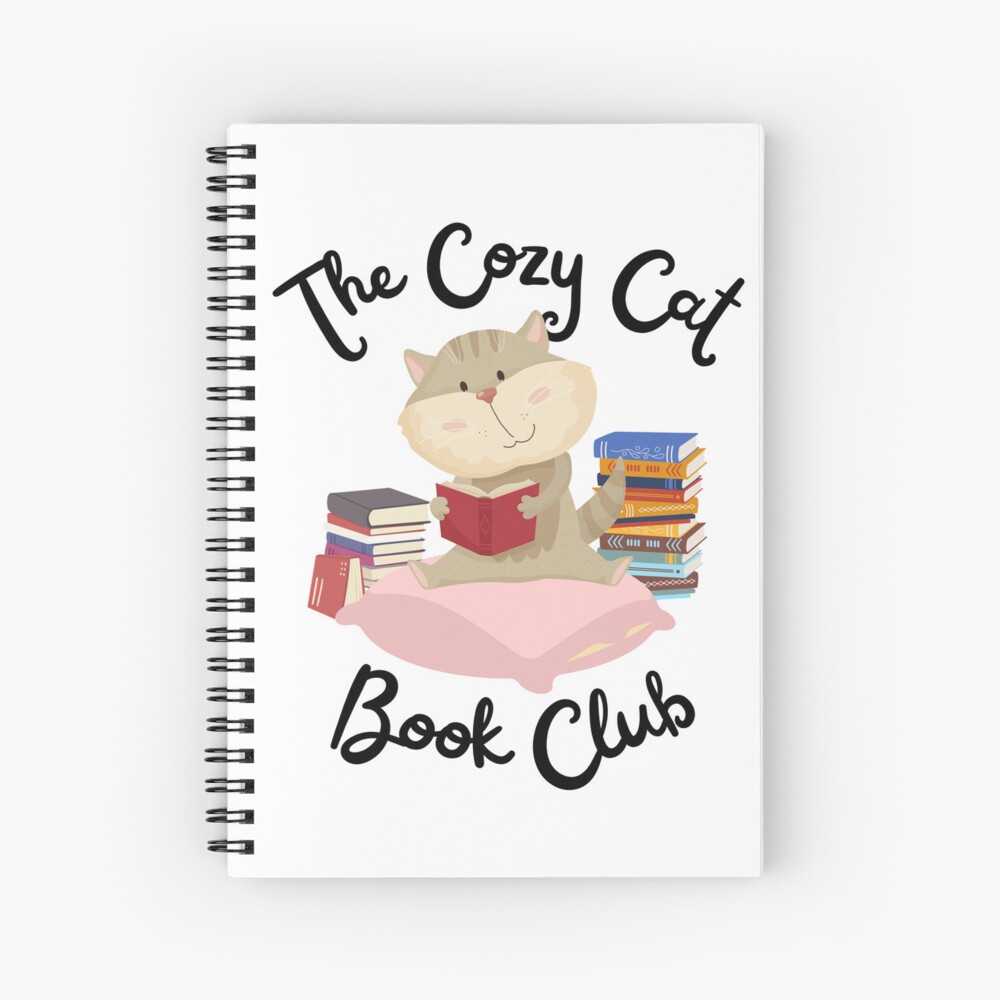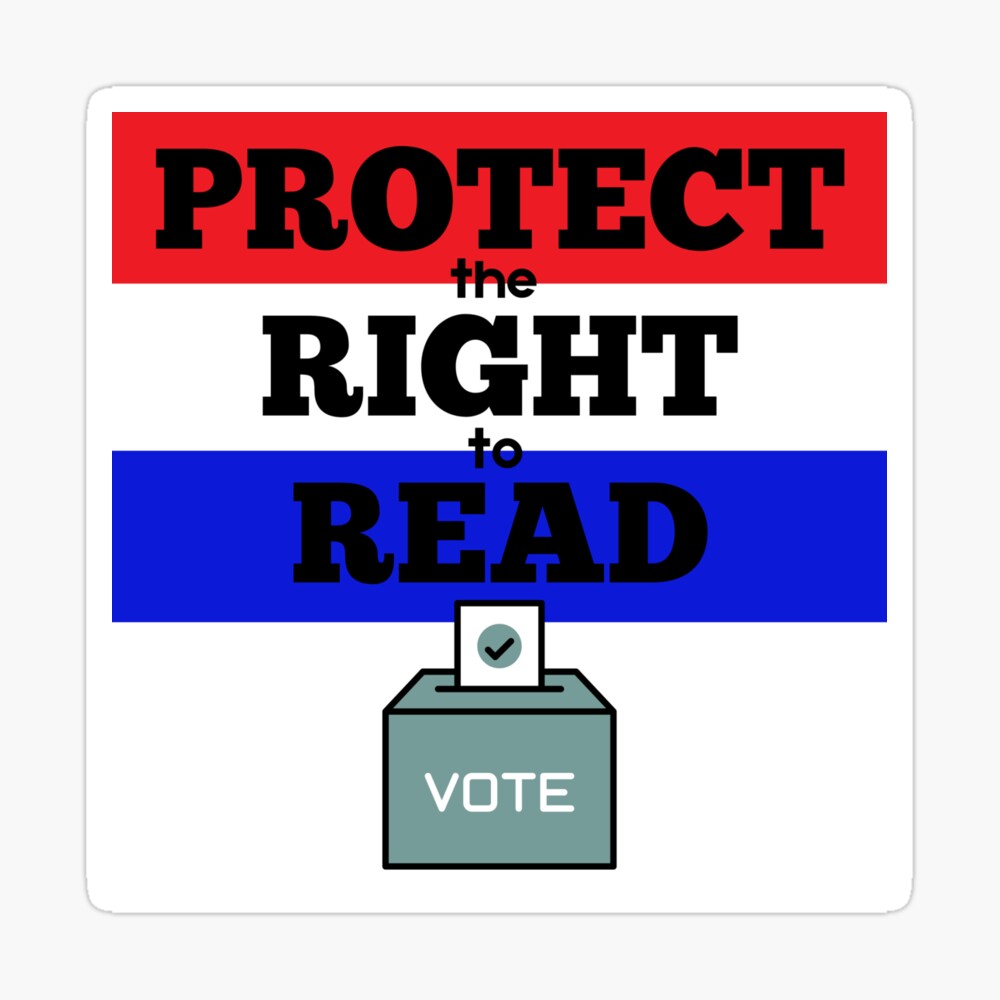I’ll never forget reading about how J.R.R. Tolkien and C.S. Lewis sat around in a pub in England having heated discussions about the way books should be written. Oh how I wanted to be a fly on that wall!
I can just imagine them, sitting in a dark corner, pints on the table in front of them, smoke curling around them as they rib each other good-naturedly. I don’t know if it was their conversations, their butting heads, or just their amazing talent and passion, but these two men created some of the most amazing stories.
And while the language and style of story-telling has changed over the years, we can still learn so much from them.

My Tolkien books, newer ones on the left, and my grandmother’s old cassettes of THE HOBBIT audiobook and classic copies of LOTR on the right.
That’s why it’s so wonderful to read this classic review C.S. Lewis wrote about Tolkien’s THE HOBBIT, re-published on Literary Hub. It made me excited to dig out my copies of Tolkien’s books. My childhood copies got lost in one of the many, many moves we did when I was a kid, but in the picture, you can see my current copies on the left as well as the audio cassettes of THE HOBBIT by Mind’s Eye that I used to listen to as a kid and my grandmother’s really old set of LORD OF THE RINGS. Such beautiful covers. My grandmother gave me the cassettes and books a couple years ago and I just love them. (Check out the other wonderful covers of THE HOBBIT in the re-published review.)
Reading C.S. Lewis’ review of THE HOBBIT reminds me why I love the story so much. Here are some of my favorite lines:
“A more important truth is that [THE HOBBIT and ALICE IN WONDERLAND (another one of my favorites)] belong to a very small class of books which have nothing in common save that each admits us to a world of its own–a world that seems to have been going on long before we stumbled into it but which, once found by the right reader, becomes indispensable to him.”
OMG, so true! And this is something every writer should strive for. In the best world-building–no matter if that world is our own contemporary world, factual historical or somewhere completely made up–it should feel to readers as though they’re standing within it and have become citizens of the world by the time the last page is read.
“…No common recipe for children’s stories will give you creatures so rooted in their own soil and history as those of Professor Tolkien–who obviously knows much more about them than he needs for this tale.”
Yes, yes, and yes! The hobbits, dwarfs and elves come alive in these books, and a writer can’t truly achieve that unless they know the characters inside and out. I once heard a documentarian say he had recorded more than 300 hours of footage for his two-hour final film. That reminded me of the research writers have to do, as well as all the scenes I’ve written that didn’t end up in my final manuscripts but were necessary for me to discover something new about the characters.
“You must read for yourself to find out how inevitable the change is and how it keeps pace with the hero’s journey.”
Funnily enough, just last night I moderated a wonderful webinar with the Writers League of Texas taught by author and teacher Greg Garrett about the hero’s journey. This is truly the classic structure of story, and it works so well because of how humans think and respond to stories. It’s funny to think that Star Wars, The Matrix and THE HOBBIT all have their roots in the hero’s journey, but it’s true.
“For it must be understood that this is a children’s book only in the sense that the first of many reading can be undertaken in the nursery.”
There’s a belief–by some–that children’s books are simpler than books written for adults and that adults won’t want to read them. But the best children’s books, the ones that become classics like THE HOBBIT and C.S. Lewis’ own THE LION, THE WITCH AND THE WARDROBE, are only simple on the surface but, as C.S. Lewis noted, their depths are seen more as a person continues to read them.
My mother, who doesn’t read a lot of children’s books, has told me a number of times that she thinks WAKE is a book for adults, while my editor thinks it’s squarely in the middle-grade 8-12 set. For me, it’s a story that I hope can be enjoyed by all ages. And if I’m culling just the tiniest bit of Tolkien’s and Lewis’ influence, all the better.
What do you think of Lewis’ review? Do you agree with his assessment of THE HOBBIT? Wouldn’t you love to read what he’d say about HARRY POTTER and our more modern classics? I think he’d love them too.






